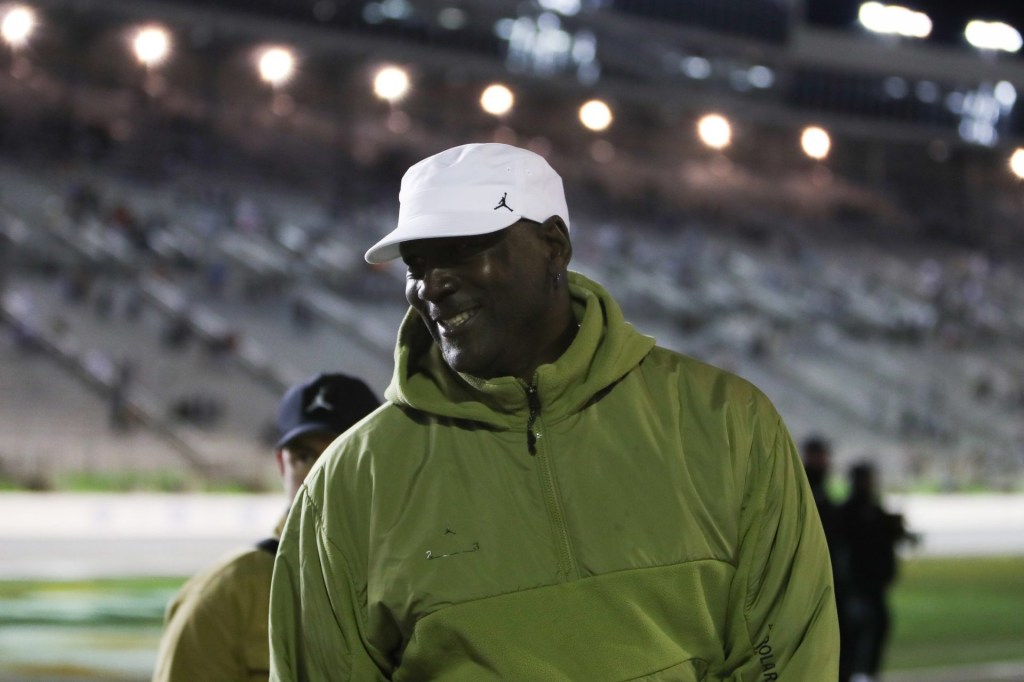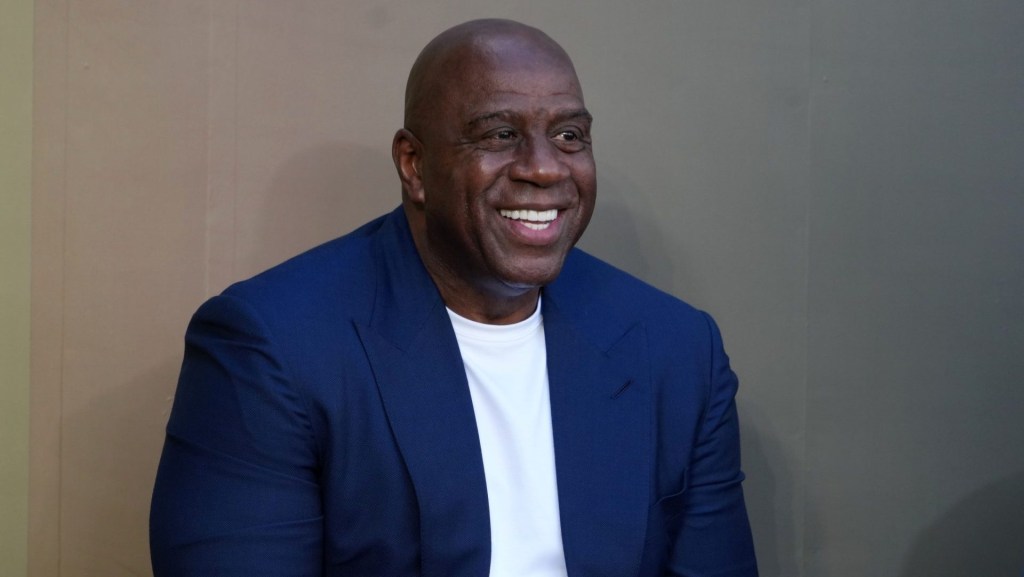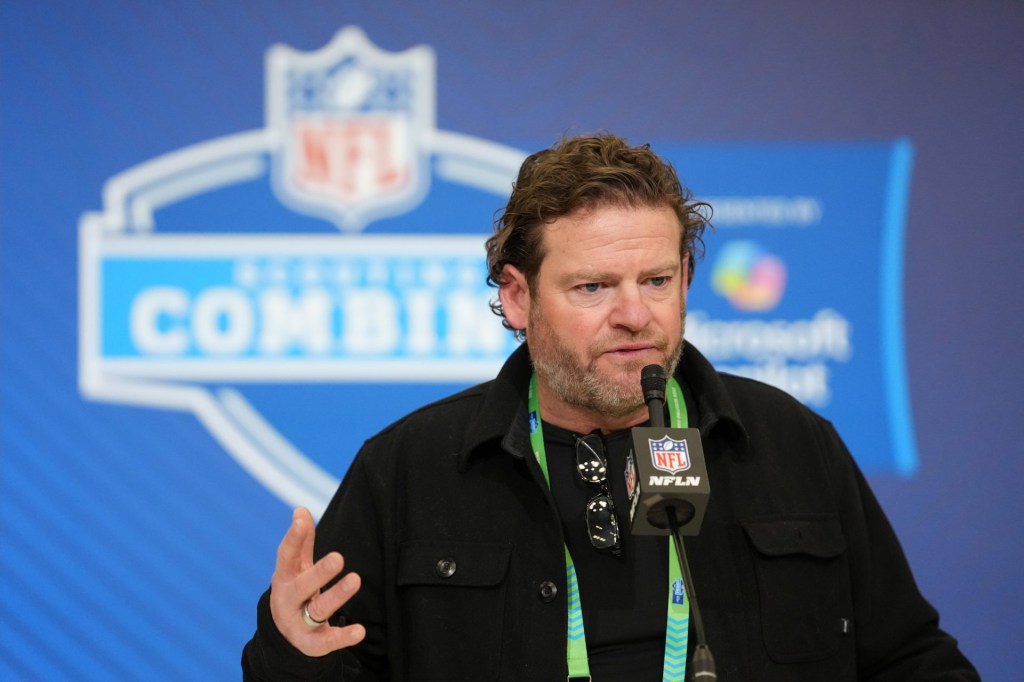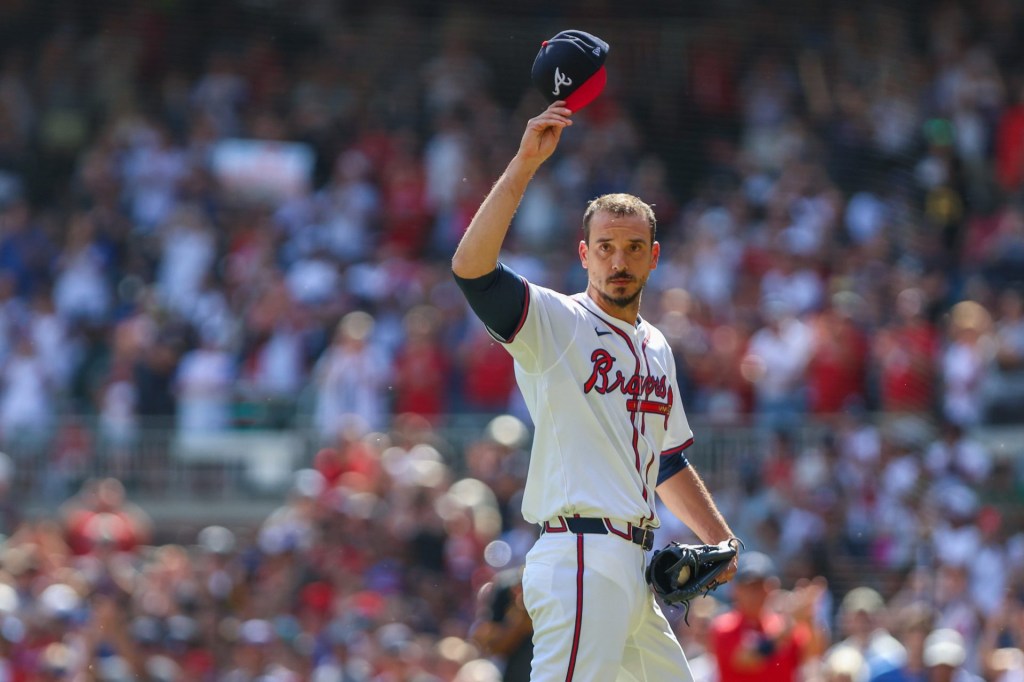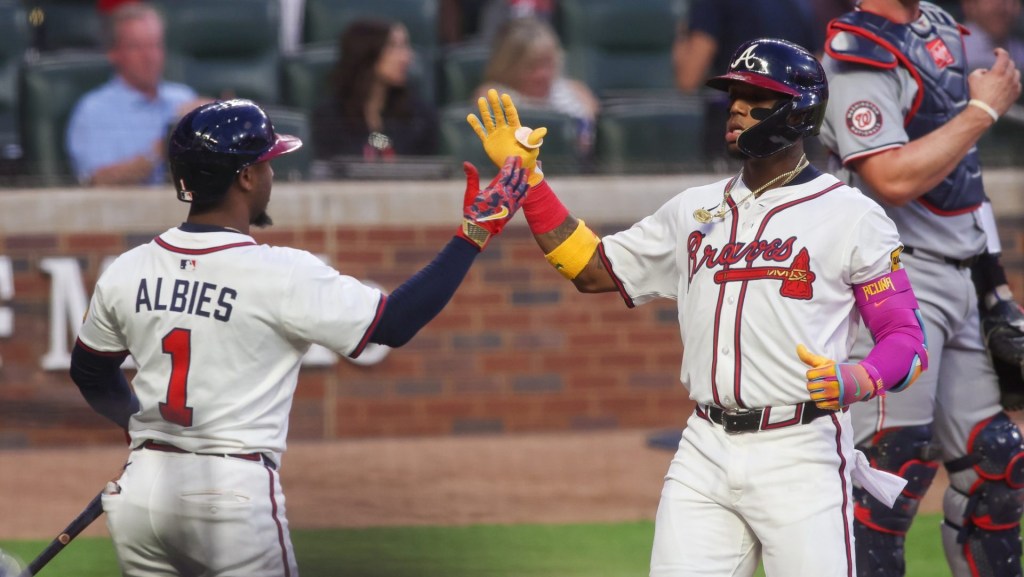New England Patriots owner Robert Kraft was already part of NFL team ownership when the Rooney Rule went into effect in 2003, and he has supported it in the years since. But the succession plan that led to his hiring of Jerod Mayo as the Pats’ next coach on Friday morning allows Kraft to leapfrog over those rules, which typically require at least two interviews of minority or female candidates for head coaching jobs.
Kraft is poised to name Mayo—previously a star linebacker for the Patriots and more recently the team’s linebackers coach—as the successor to Bill Belichick, who departed on Thursday after a celebrated 24-year run that included six Super Bowl titles. Mayo will be the first Black head coach in Patriots history and, at 37, the youngest NFL head coach, beating the Los Angeles Rams’ Sean McVay by one month.
The rapid promotion of Mayo, arriving less than 24 hours after Belichick’s departure, results from a clause within the Rooney Rule that allows teams to bypass that minority interview requirement with a written succession plan. If a team has such a contractual plan in place prior to the season in which the vacancy occurs, hires and promotions can be made immediately.
Mayo was the center of the Patriots’ succession plan when he received a contract extension a year ago. Other examples of NFL succession plans permitted within the Rooney Rule:
- The Baltimore Ravens transitioned from GM Ozzie Newsome to Eric DeCosta in 2019.
- The Indianapolis Colts moved from coach Tony Dungy to Jim Caldwell in 2009.
- The Seattle Seahawks turned from coach Mike Holmgren to Jim Mora in 2009.
Much of the Patriots’ brand and $7 billion franchise value is tied to the winning culture Belichick created, and Mayo will be tasked with carrying that into a new era.
“Jerod is an individual that, I think, has no ceiling for his ability to grow and how competent he is,” said Kraft at a March 2023 NFL meeting. “We had the privilege of having him as a player, and I saw how intense he was and his leadership skills that he had. And then I saw him leave us and go into private industry and learn the Xs and Os of business, and then come back to be a coach and do that with us.”
Between Mayo’s retirement as a player in 2016 and returning to the Patriots as a coach three years later, he worked in a variety of business ventures, including angel investments and healthcare—developing a background very different than many other NFL coaches’.

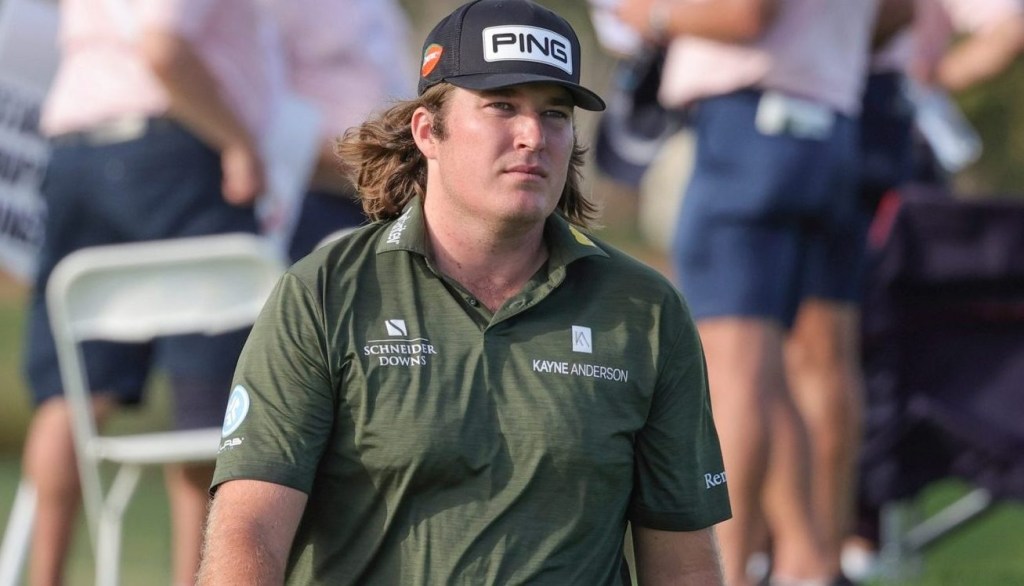
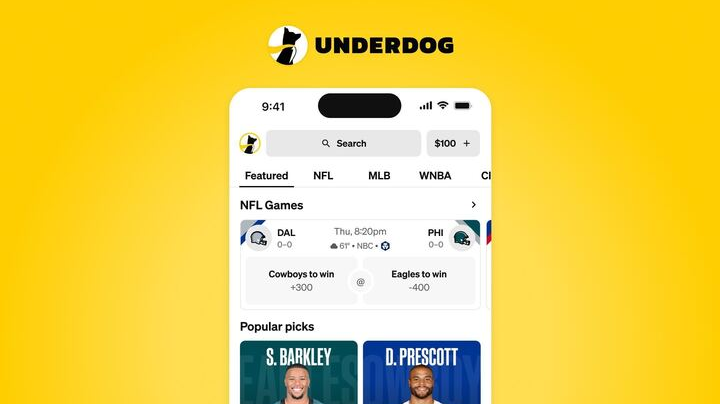
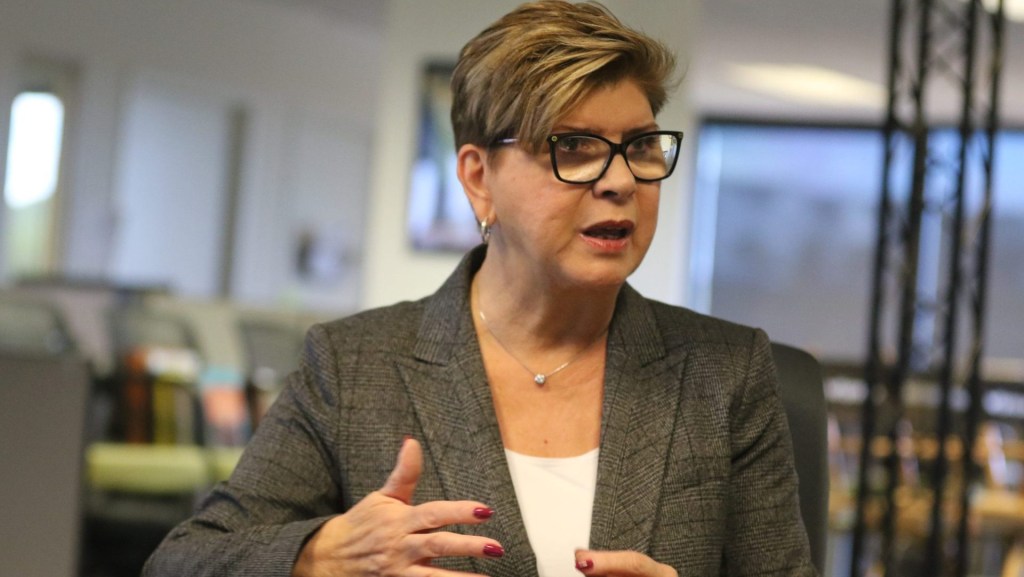
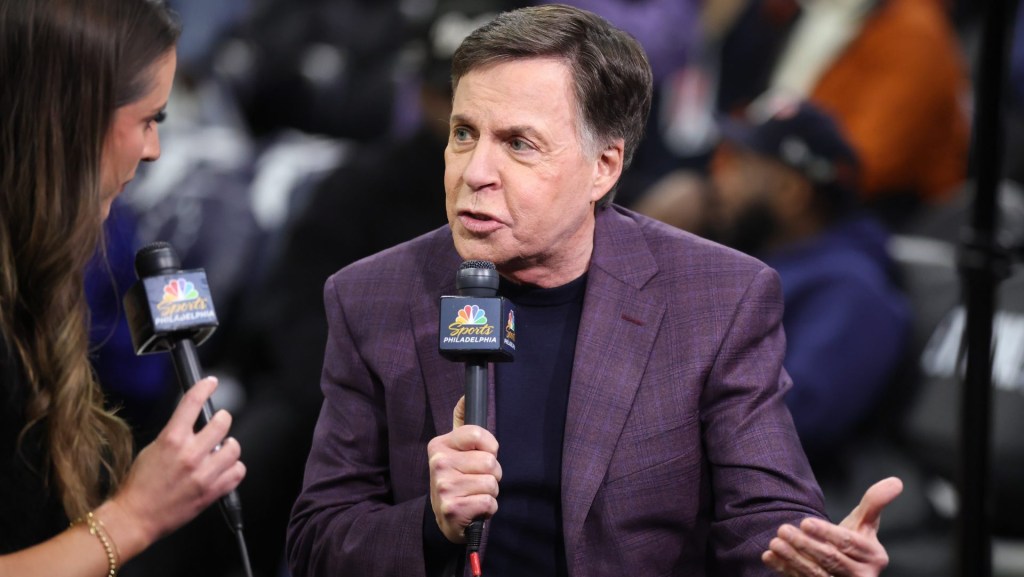


![[Subscription Customers Only] Jun 15, 2025; Seattle, Washington, USA; Botafogo owner John Textor inside the stadium before the match during a group stage match of the 2025 FIFA Club World Cup at Lumen Field.](https://frontofficesports.com/wp-content/uploads/2026/02/USATSI_26465842_168416386_lowres-scaled.jpg?quality=100&w=1024)
![[Subscription Customers Only] Jul 13, 2025; East Rutherford, New Jersey, USA; Chelsea FC midfielder Cole Palmer (10) celebrates winning the final of the 2025 FIFA Club World Cup at MetLife Stadium](https://frontofficesports.com/wp-content/uploads/2026/02/USATSI_26636703-scaled-e1770932227605.jpg?quality=100&w=1024)


